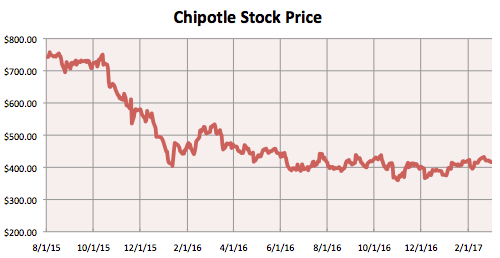This article originally appeared on Medium and you can find it here.
Media coverage of the blockchain is starting to pick up recently, so I thought it was important to gain a better understanding. On its most basic level, blockchain is a database that creates records for its transactions automatically. If you know anything about cryptocurrency (BitCoin for example), you have been part of one of the major users of the blockchain.
It seems like our future could be bound up in how effective this system is. As an example outside of what you might think about with BitCoin, Walmart announced a trial using blockchain to track to manage food safety. They know how dangerous problems with food, whether it is fresh, prepared, or otherwise.
In recent years, recalls of food due to contamination with listeria, e-coli, and salmonella have dominated the headlines. Look no further than the problems that have plagued Chipotle. While I’m sure they never intended to harm their customers, Chipotle has seen their stock value plummet from a high of nearly $750 per share to as low as $370 per share (on Friday, it closed at $416/share).

Chipotle could have avoided seeing its market cap cut nearly in half had this technology been available to more quickly ascertain the source of its food safety problems. To be fair, some of these problems may be linked to food prep, which this technology might not be able to fix unless the system included the transaction of who is cooking what at each period of time as well as who assembles each burrito, bowl, or salad.
Beyond this, time will tell what kind of value to the economy blockchain could eventually have in self driving cars, healthcare, identity verification and of course finance. I’m excited to see what the world with blockchain will mean, but until then, I’ll just be watching to see who succeeds implementing it.